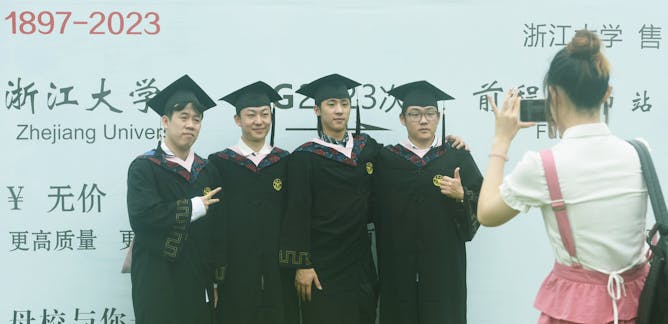
Articles on Academic publications
Displaying all articles

Science rankings rely on papers in academic journals. Broadening the view to include many more open-access journals will upend the usual order – thanks to China’s vast number of publications.

Some open access journals — those that don’t charge their readers a fee — require that researchers pay to publish with them. Removing author fees helps more researchers to publish their work.

Wits University Press is one of only 15 active university publishers in Africa – crucial for scholarship about the continent.

Three-quarters of the academic journals that folded served the arts, social sciences and humanities. The losses weaken the academic communities and activities that formed around these journals.

Open access to COVID-19 research accelerated the development of solutions. The urgency of climate change demands the same approach, but more than half of Australian research is still behind paywalls.

The idea is publicly funded Australian research should be free for the public to read when published. But if it means taking money from universities struggling for research funding, that poses risks.

Can college professors rap their way into academic publishing? One professor makes an album to prove they can.

The rejection culture of academia is damaging. Rejections are inevitable, but there are better ways of managing the process that don’t leave individuals to bear the whole burden of coping.

In many other countries, a majority of research publications are now open access, but the system of paying for access still dominates academic publishing in Australia.

We wanted to investigate how the People’s Republic of China and countries in Africa work together in science and technology.

The UC libraries let their Elsevier journal subscriptions lapse and now the publisher has cut their online access. It’s a painful milestone in the fight UC hopes may transform how journals get paid.

In South Africa, open access publishing should be mandatory and publicly funded data generated by universities, should be freely available.

Digital publishing hasn’t resulted in the free and open access to information many envisioned. Universities are increasingly fed up with a system they see as charging them for their own scholars’ labor.

Western and northern blots help scientists identify specific proteins and RNA molecules in experimental samples. But results can be manipulated.

Women are underrepresented in academic science. New research finds the problem is even worse in terms of who authors high-profile journal articles – bad news for women’s career advancement.

Indonesia has the potential to make important contributions through academic research and the dissemination of knowledge emerging from Indonesian universities.
